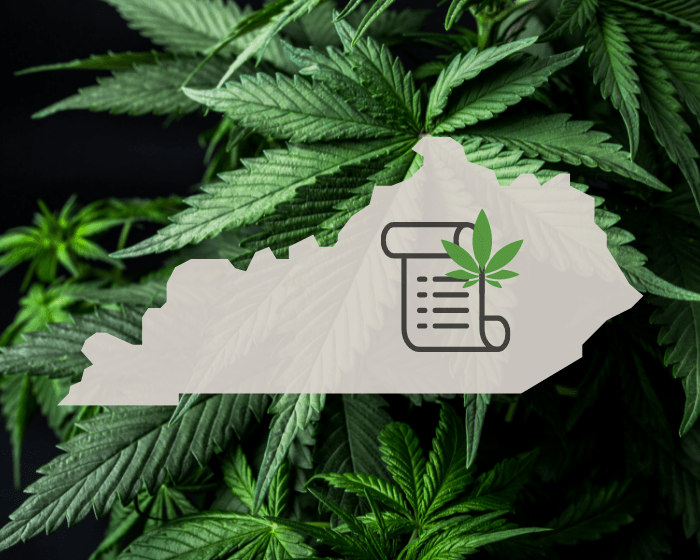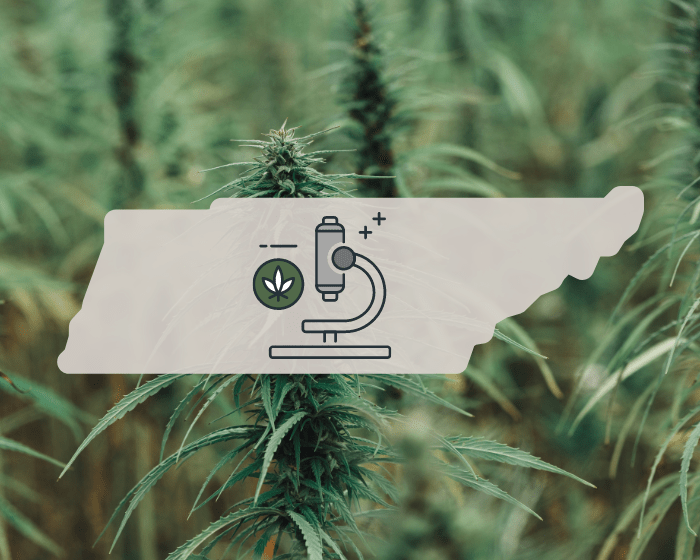
Lawmakers in Washington state have introduced at least two bills that would bar the sale of hemp-derived THC products including delta-8 THC, currently stocked in convenience stores and smoke shops.
Cannabis is fully legal in the state, and hemp-derived delta-9 THC (currently banned) also poses a potential threat to existing growers for the adult-use and medical marketplace.
According to the Associated Press, the bills were introduced in response to brisk sales of hemp-derived THC — including sales to minors.
Hemp-derived THC isomers including delta-8 and delta-9 are first extracted as CBD, then chemically converted into THC. Both occur naturally in cannabis plants.
Delta-9 is the most well-known tetrahydrocannabinol, until recently simply called THC. Delta-8 THC also occurs naturally in cannabis at low levels. In states where prohibition stands, delta-8 has become popular because it’s legal by the letter of the 2018 Farm Bill.
In a place like Washington, with a recreational adult use marketplace, delta-8 is readily accessible in gas stations and vape shops. But hemp-derived delta-9 has also proven a potential threat to undercut the heavily-regulated and taxed recreational cannabis industry.
Bipartisan bills drawing distinctions between natural and synthetic cannabinoids have been introduced in the House and Senate. One would halt gray-market sales by banning chemically-altered cannabinoids outside the regulated cannabis market. That bill would also initiate research and recommendations to authorize hemp-derived THC products in the future. Another would ban the products both within Washington’s legal cannabis industry and the currently unregulated market.
The state’s Liquor and Cannabis Board had already issued an advisory ban on hemp-derived THC products in April 2021, saying it would work with sellers and producers to create a final, formal rule.
Reportedly, the state’s licensed marijuana growers requested the ban out of concern that hemp-derived THC could undercut their prices and possibly push them out of the industry. In spite of any costs associated with processing, hemp-derived THC is less expensive because hemp isn’t subject to the same degree of regulation.
Although Washington’s cannabis industry and regulators both want hemp-derived THC out of general retail, they disagree about whether it should be included in adult-use and medical cannabis markets.
The AP reported that the licensed industry has been making its case since last spring, when cannabis growers realized hemp-derived THC posed an existential threat to their role in the industry.
The Liquor and Cannabis Board heeded their requests to bar hemp-derived THC, seizing more than 1,600 pounds of hemp-derived delta-9 THC that Unicorn Brands was using in vape cartridges and gummies. The business has appealed, saying its products were seized before the board’s ruling was official.
If Washington does ban hemp-derived THC, it would be among at least 17 other states to do so in the last year, the AP noted.
The point could be moot if federal legislation is passed banning THC nationwide. A bill introduced to Congress in February proposed expanding the definition of THC in hemp products to include hemp-derived THC. Called the Hemp Advancement Act, it revises language from the 2018 Farm Bill that put concentration limits on delta-9 THC specifically. If passed, it could end all legal sales of gummies, vapes, and other products made with hemp-derived THC.







































